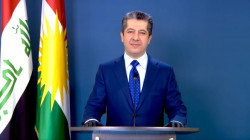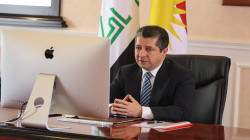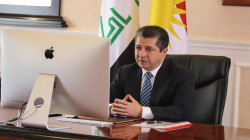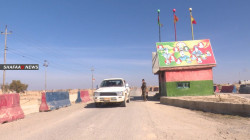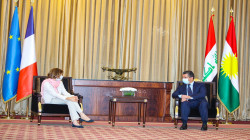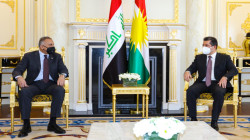Masrour Barzani: Targeting Kurdistan's economic infrastructure harms all Iraqis
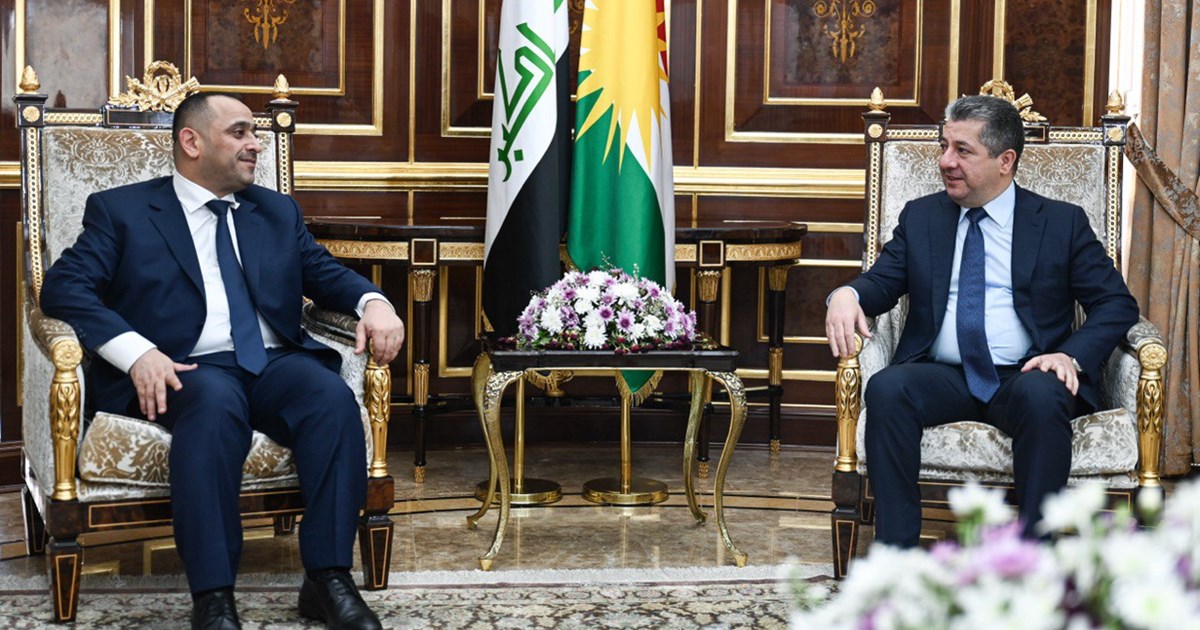
Shafaq News / Kurdistan Regional Government Prime Minister Masrour Barzani emphasized on Thursday that targeting the economic infrastructure of the Region harms all Iraqi citizens, stressing the need to halt such attacks.
This came during his meeting with Federal Minister of Electricity Ziyad Ali Fahdel, where they discussed ongoing projects, and reforms in the electricity sector, emphasizing the importance of continuing coordination between KRG and Baghdad to improve and develop the power system overall.
PM Barzani addressed the recent terrorist attack targeting the Khor Mor gas field, emphasizing that “targeting the economic infrastructure of the Region harms all Iraqi citizens,” and that “it is imperative to stop these attacks and prevent their recurrence.”
He also reiterated the Region's readiness for cooperation and coordination with the federal government to enhance energy infrastructure, which can only be achieved through the official institutions and channels of KRG.
For his part, the Iraqi Minister of Electricity praised the coordination and good relations between the federal and Regional ministries, contributing to providing the best services to citizens, which is a common goal for both sides.
Notably, in addition to the recent attack, the Khor Mor oil field, located in the Chamchamal district of al-Sulaymaniya within the Kurdistan Region, has been the target of several attacks.
In January, a drone strike temporarily halted production, causing power shortages in the northern Kurdistan region.
No party claimed responsibility for the targetings.
The Pearl Consortium operates the field, led by Dana Gas and Crescent Petroleum, with partners including OMV of Austria, MOL of Hungary, and RWE.
Production at Khor Mor began in 2008, supplying gas to power stations in Chamchamal, Bazian, and Erbil, making the Kurdish region a pioneer in using gas for electricity in Iraq.
By 2018, production surged by 50%, reaching 452 million standard cubic feet per day from 305 million standard cfd by the end of 2021. Additionally, the field produced 15,000 barrels per day of condensate and over 1,000 tonnes of liquefied petroleum gas. So far, all the gas from the field has been utilized for domestic power generation, fueling over 80% of Kurdistan's electricity needs in Iraq.
